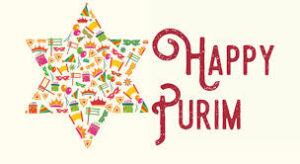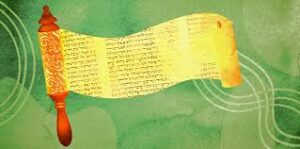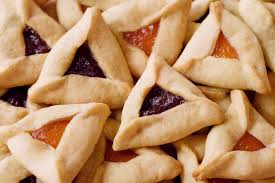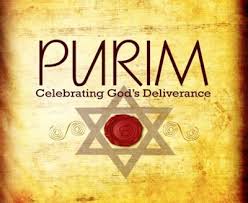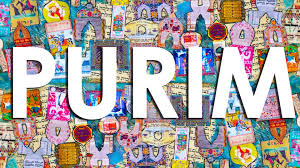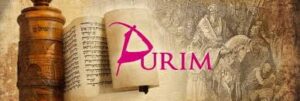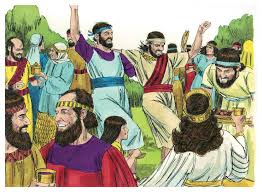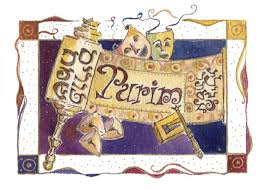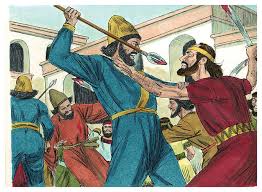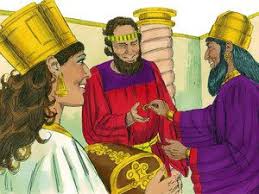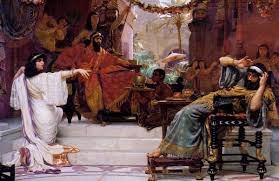Bz – Other Purim Customs
Other Purim Customs
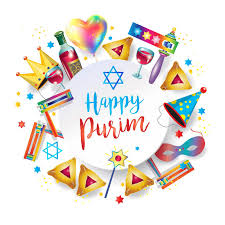
There are several other Purim customs. First, it is permissible to work on this day, but it is not proper to do so. The rabbis teach that anyone who works on Purim will never see a sign or blessing.
Secondly, one should wear fabric clothing on this feast.
Thirdly, if a man injures a neighbor because of too much Purim joy, meaning he had a bit too much to drink, he is freed from paying damages.
Fourthly, as soon as the month of Adar arrives (the month in which Purim falls), all should be feeling joyful.
Fifth, if a Jew has a disagreement with a Gentile, the rabbis taught that he should not go to court during this month.
Sixth, before Purim, it is customary to pay the half-shekel to finance the Temple rituals.
Seven, if Purim falls on the Sabbath, the Jews of Jerusalem end up by observing three days of Purim; on Friday the fourteenth they read the book of Esther; on Saturday the fifteenth they recite the blessing of the reversals (to see link click Bi – Now Write a Counter-Decree in the King’s Name in Behalf of the Jews) seen in the book; on Sunday the sixteenth they eat the Purim meal.
Eight, upon returning from synagogue, the Jew should find his home ready for Purim, with the light already burning and the table set.131



